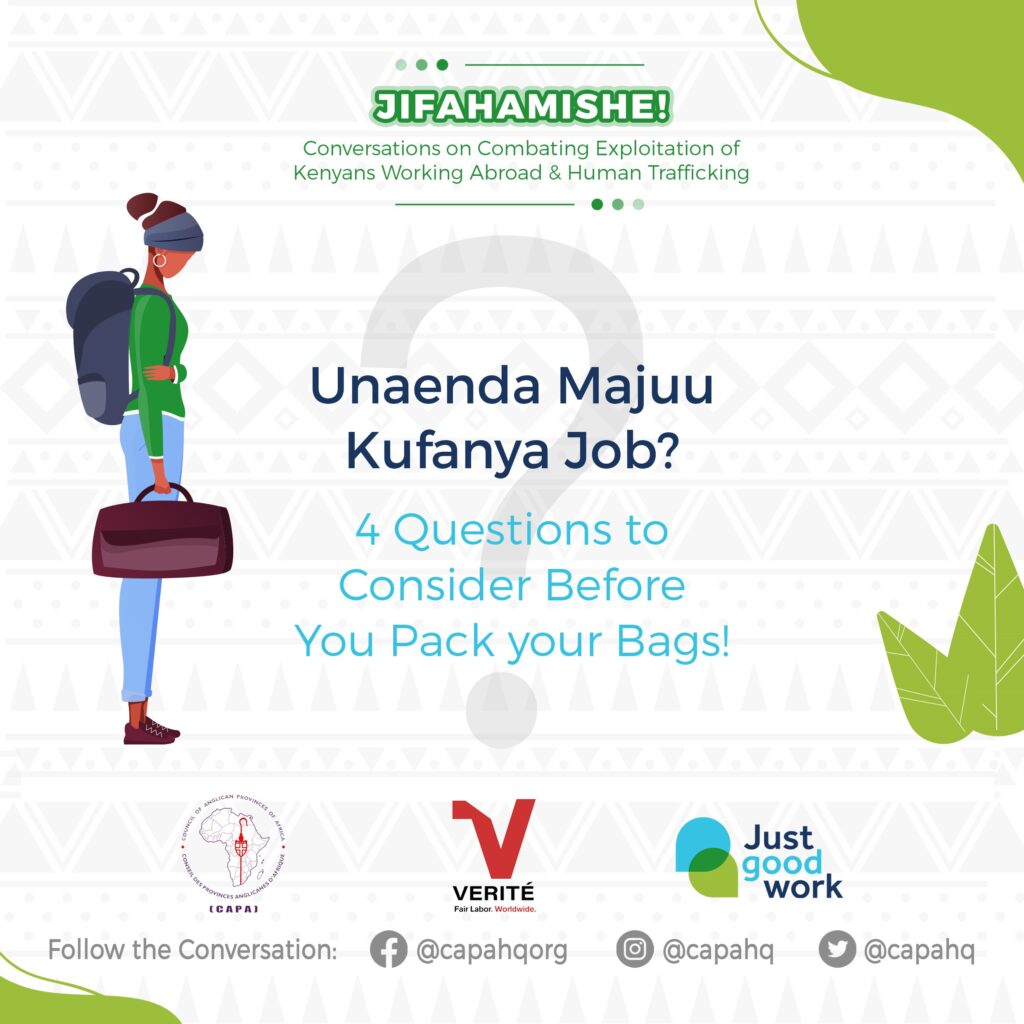Serving underserved populations as an impact business model features significantly in the Customers section of the BCorp impact assessment. Seeing as Customers is the highest scoring element of our certification, we were approached by B Lab UK to create a case study for aspiring BCorps on what that looks like for us at FiftyEight; how we embarked on the journey and what we have learned along the way. We’ve adapted it for this blog
What prompted us to consider underserved populations?
It was a trip to a labour camp which housed migrant workers in the UAE in 2011 that convinced us that the existing global model for business was fundamentally broken. Workers were living in a high-walled compound in the middle of the desert. They were not only isolated from their families back at home, often for years on end, but segregated from society in their host country. Their lives consisted of working, eating, sleeping and repeating. It convinced us that the primary role and function of business in a society is to provide quality of life for everyone it touches.
How we began to engage
In the years that followed that initial labour camp visit, our engagement with companies was repeatedly revealing that the traditional top-down approach to tackling labour exploitation in supply chains wasn’t achieving the intended outcomes. A grassroots approach that engaged workers directly to drive effective solutions was needed. We invested our own capital into a largely untested approach, launching the Just Good Work mobile app for migrant workers in 2019. Four years on, it’s had over 42,000 downloads, and is available in over 37 countries and languages and has largely grown through the engagement of private sector clients.

Who we involved in the process
Our vision was to empower those most vulnerable to worker exploitation in partnership with those who have experienced the risks and realities first-hand. Our CEO, HR manager and COO have worked closely together to build an effective software development team in Kampala, Uganda- a region with a highly skilled labour force but few job opportunities. This leads many to migrate abroad, often leading to a spectrum of worker exploitation which can eventuate in situations of modern slavery.
Pre-recruitment, we built a strong partnership with a tech development training provider in the region who were familiar with our skill requirements as well as the social and cultural context we were engaging with. This enabled us to identify the best candidates for the roles we needed to fill on our team. Similarly, in our UK operations, we have strategically recruited a number of team members from the underserved geographic regions our clients originate from. Social listening and understanding of the cultural context has been instrumental in ensuring we are meeting the pain points for jobseekers and workers.
What we have learned along the way
We’ve been working directly with underserved populations for 5 years now. They are both
embedded within our team and the clients we serve. Building and earning trust with those
who have experienced exploitation or been previously overlooked is always an important
challenge to overcome. With a diversity of educational backgrounds and work cultures
within our team, constant communication and cooperative training and learning is required to bridge gaps and ensure shared vision. It’s brought a wealth of creativity, insight and innovation to our work. When clients engage with people on our team who have similar life experiences and backgrounds to themselves or the populations they are trying to reach, it opens doors and brings credibility to our work.

How it has impacted our business
Looking back, it’s clear to see that all the successful innovations we have developed have come from engaging directly with underserved populations. The Just Good Work mobile app (currently the largest element of our business) was first suggested by a Kenyan worker we met who had experienced exploitative recruitment on his journey to the Gulf. Our monitoring and evaluation app MeL was developed in response to the needs of frontline workers in small NGOs doing critical human trafficking prevention and remediation work. They required affordable, low barrier access to digital tools in order to evidence their impact and better access funding.
Underserved populations are driving the majority of growth in our company. We were already sold on the idea that it was the right thing to do. Our experience over the past 8 years has convinced us that it’s also the smartest.

